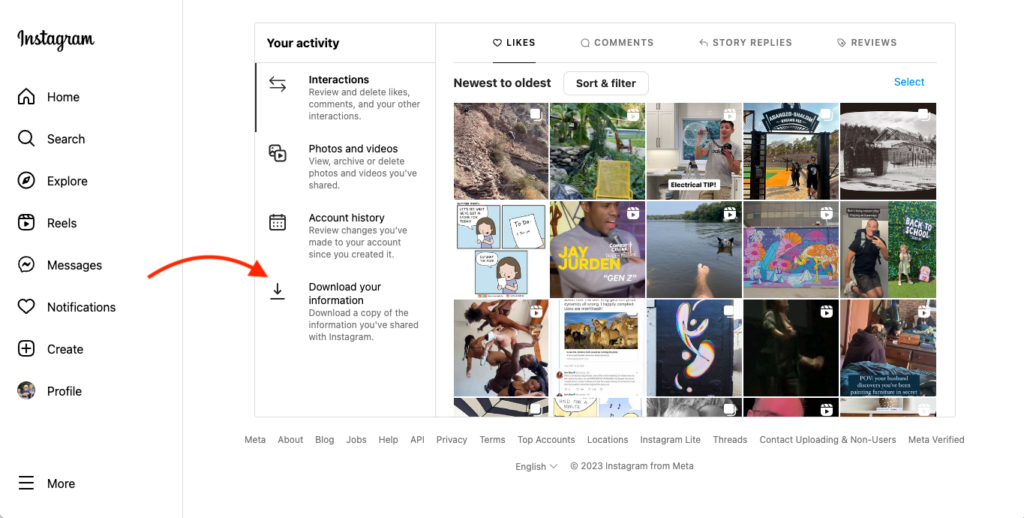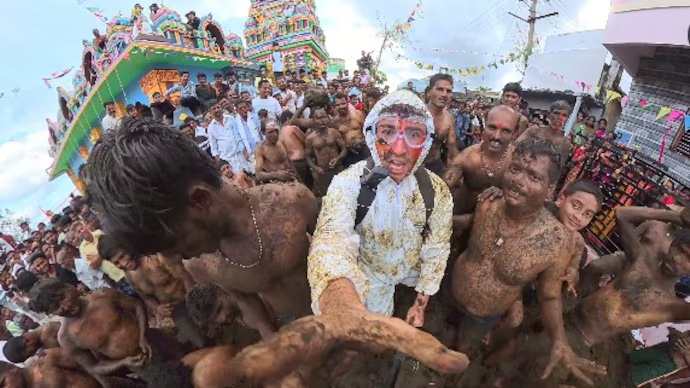Now Reading: Curiosity as a Survival Instinct
-
01
Curiosity as a Survival Instinct
Curiosity as a Survival Instinct

Human survival has always depended on more than strength or resources. Curiosity, the natural urge to question and explore, has been just as important. It is curiosity that led early humans to try new foods, invent tools, and discover fire. Without it, progress would have stopped at survival, and civilizations would never have developed. Curiosity is not just a trait of the mind—it is an instinct that keeps humanity alive and moving forward.
From childhood, curiosity shapes learning. Children touch, taste, and question everything around them, a process that helps them understand danger and opportunity. This instinct, though often seen as playful, is what equips humans with problem-solving skills. In Tier 2 cities of India, children’s curiosity about gadgets, the internet, or new skills often becomes the first step toward broader ambitions. Parents who encourage such questions indirectly prepare their children for a changing world.
Curiosity has also protected humanity. When people explored unknown territories, they learned which plants healed and which harmed. Curiosity about the stars helped in navigation, while curiosity about illnesses led to early forms of medicine. Even today, in smaller towns, curiosity drives people to explore new farming techniques, business models, or digital platforms that improve livelihoods. It is this instinct that makes adaptation possible in uncertain times.
Fear and curiosity often work together. While fear warns of danger, curiosity urges people to test boundaries. The balance between the two decides whether humans stagnate or progress. In societies where curiosity is encouraged, innovation thrives, while in places where it is suppressed, growth slows. This is as true for global civilizations as it is for small communities.
Ultimately, curiosity is not a luxury but a survival instinct. It pushes humans to search for better solutions, safer environments, and meaningful lives. By asking questions and testing possibilities, people not only survive but also create futures that are richer and more resilient.

























